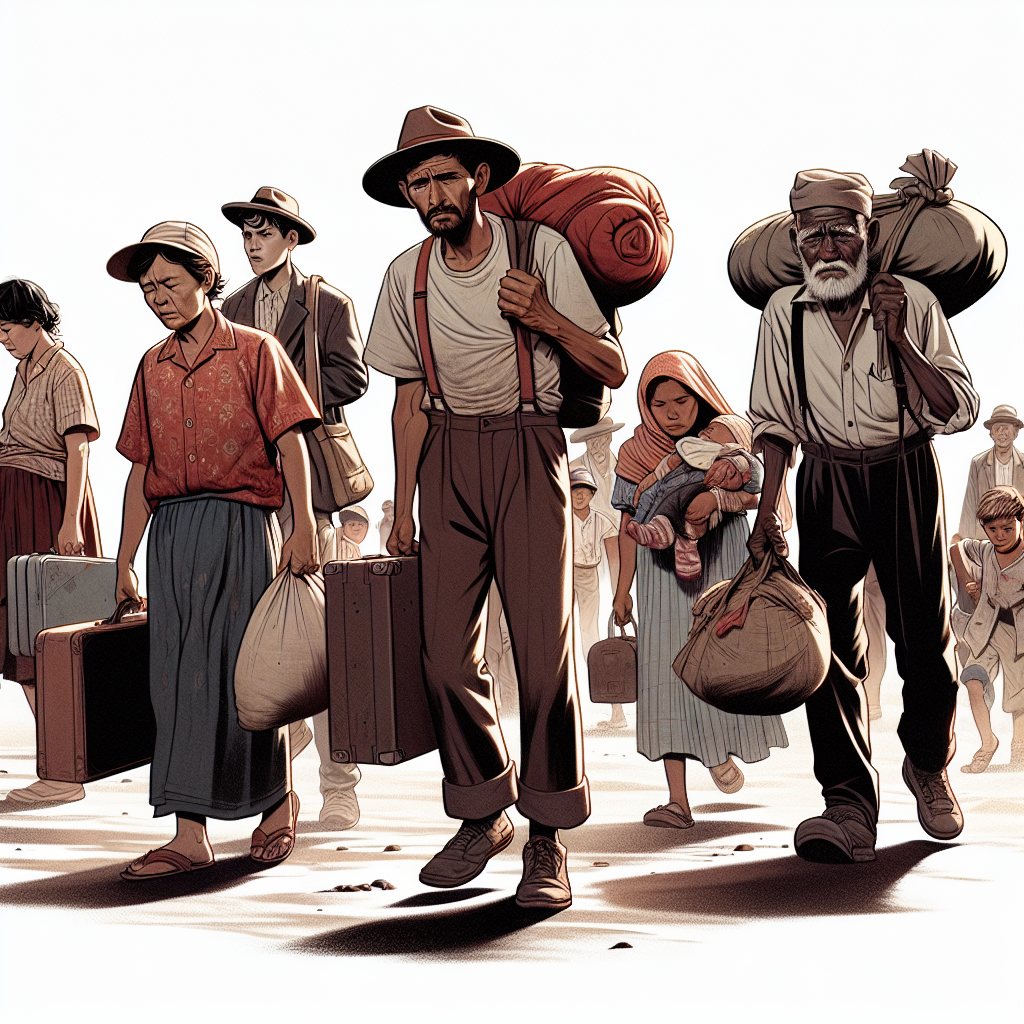The Australian Government’s legal and institutional frameworks to combat modern slavery, including the Modern Slavery Act 2018, have shown progress in raising awareness but remain inadequate in delivering justice and protection to vulnerable groups, a UN expert reported at the conclusion of a country visit.
Tomoya Obokata, the UN Special Rapporteur on contemporary forms of slavery, expressed concerns over the low prosecution and conviction rates for acts amounting to modern slavery. “While the Modern Slavery Act has heightened awareness among businesses, it has not yet resulted in tangible improvements for those living and working under exploitative conditions,” Obokata said.
Exploitation of Migrant Workers
Migrant workers, especially those participating in the Pacific Australia Labour Mobility (PALM) scheme, are particularly vulnerable, Obokata reported. He highlighted exploitative practices by some employers and labour hire companies, including deceptive recruitment tactics, wage theft, and even acts of violence, including sexual and gender-based abuse.
Key issues for workers under the PALM scheme include:
Lack of clear information on their rights and entitlements.
Ineligibility for national healthcare and social security benefits.
Restricted ability to change employers, increasing dependency on exploitative systems.
Other Vulnerable Groups at Risk
Obokata identified several groups facing heightened risks of modern slavery, including:
Women and children, particularly those at risk of trafficking and domestic servitude.
Aboriginal and Torres Strait Islander Peoples, who face systemic barriers to accessing fair employment.
Asylum seekers and sex workers, who remain susceptible to exploitation due to legal and social marginalization.
Persons with disabilities, who are at risk of abuse in both employment and care settings.
Recommendations for Action
Obokata urged the Australian Government to:
Increase Prosecution Rates: Bolster efforts to prosecute employers and agents engaged in exploitative practices.
Create Grievance Mechanisms: Establish an independent and impartial system to address complaints from victims of modern slavery.
Strengthen Support Networks: Ensure frontline organizations receive sufficient funding and resources to identify and assist victims effectively.
Empower Workers: Provide clear information on rights and improve pathways for victims to escape exploitative situations.
Positive Developments and Civil Society Contributions
Obokata commended the efforts of the Australian Human Rights Commission, civil society groups, and workers’ organizations in combating modern slavery. “The dedication of these actors and their collaborative, multi-stakeholder initiatives have a tangible positive impact on preventing exploitation and empowering workers,” he stated.
Next Steps
The Special Rapporteur’s full report, which will outline detailed findings and recommendations, is scheduled to be presented at the 60th session of the UN Human Rights Council in September 2025.
Obokata also highlighted the role of businesses in addressing exploitative practices within supply chains and called for more robust compliance measures under the Modern Slavery Act. He emphasized the importance of integrating victim-centred approaches and incorporating survivor voices into policy and reform discussions.
By addressing these systemic gaps, Australia has the opportunity to strengthen its global leadership in combating modern slavery and safeguarding human rights across all sectors of society.











